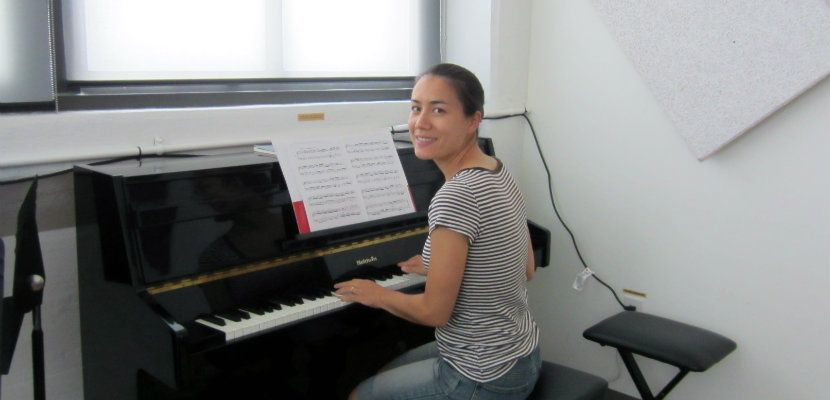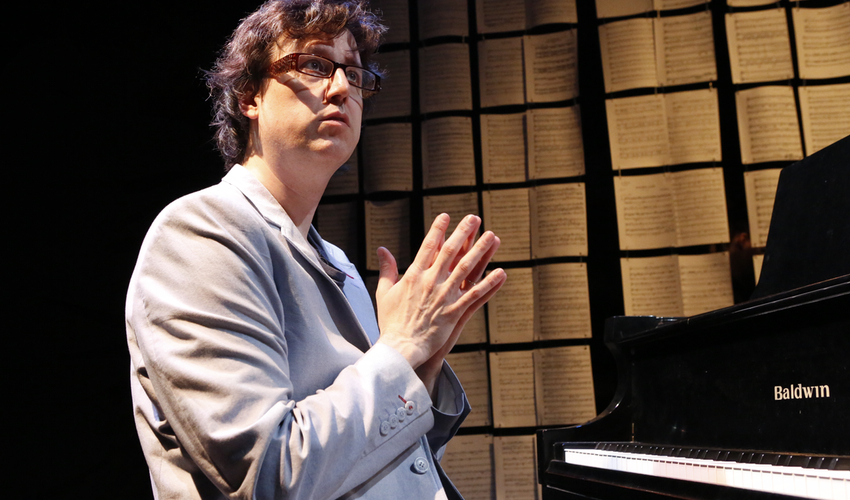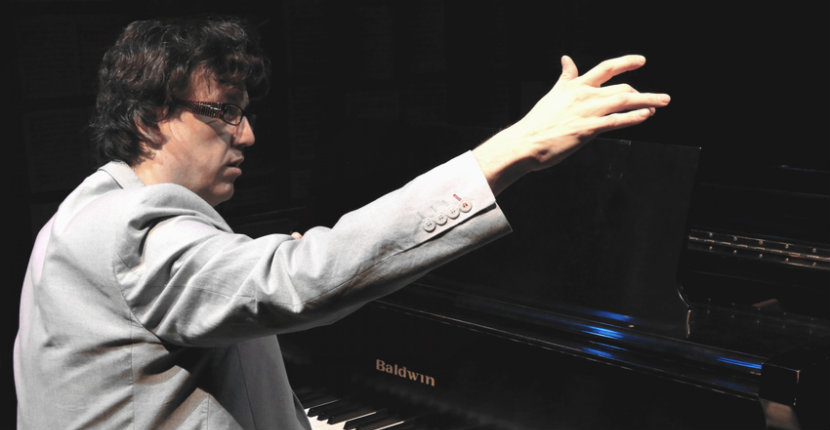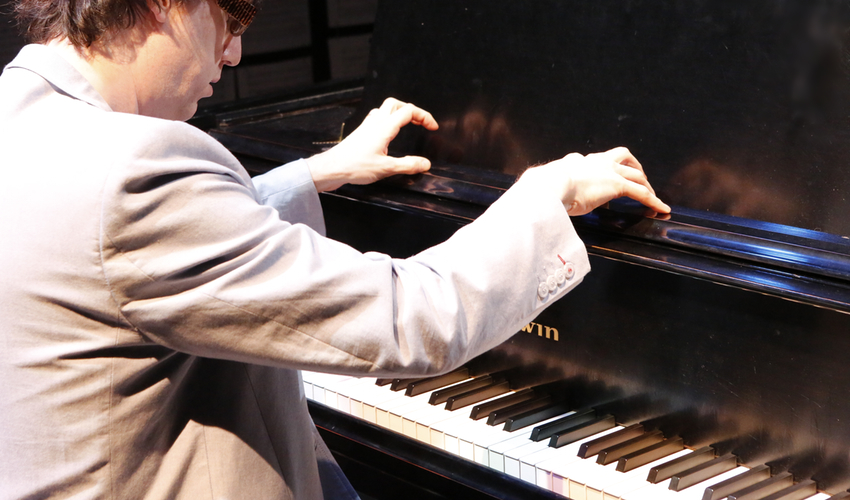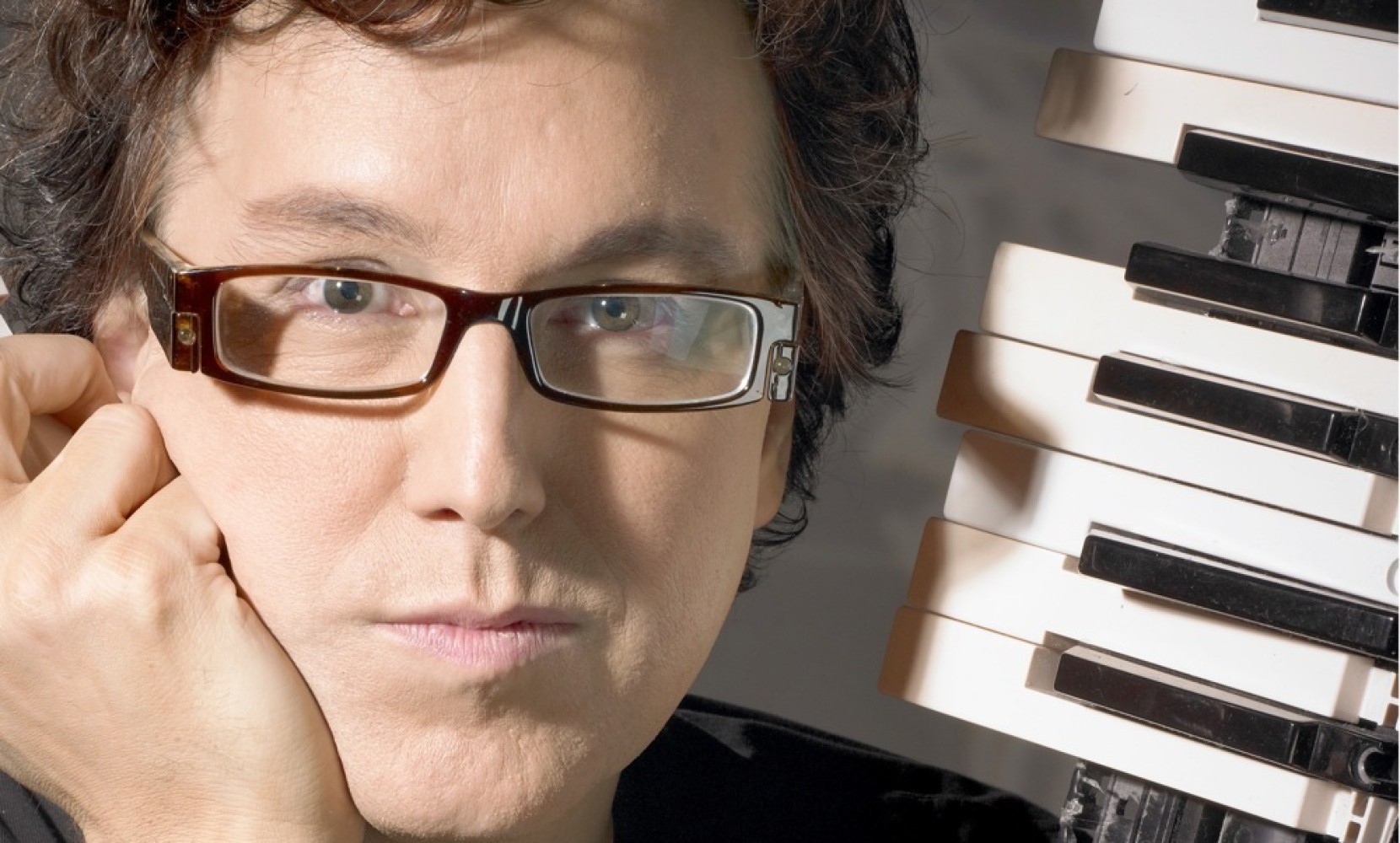I’ll admit: I’m not very good at listening to classical music, even at a live concert. The only pieces I can usually fully appreciate at a classical piano concert are ones that are both short and already familiar to me (it helps if I’ve studied them)—and all this only applies if I can see the pianist’s individual fingers moving.
Practice listening
Practice Listening with Your Memory
Think of a simple song. “Happy Birthday” will do. Imagine the rhythm of the words, the bouncing melody soaring out of you as you make the birthday candles flicker. Hear the happy crowd harmonizing. Feel the music building to a rousing climax as everyone belts out “to you!” at the end.
Practice Listening with Your Eyes
One of the most exciting ways to enjoy music is to listen… with your eyes. It’s one of the main reasons you go to a rock concert or orchestra performance instead of just buying the recording. It’s why some pianists become famous and others go unnoticed.
Practice Listening with Your Body
Ever practice piano… without the piano? It may seem strange, but in order to make richer, more expressive music, you need to use all the tools at your disposal.
Practice Listening with Your Ears
I want you to add a new element to your piano practice: that of practicing to listen. Listening starts by thinking beyond your fingers and the notes on the page.

